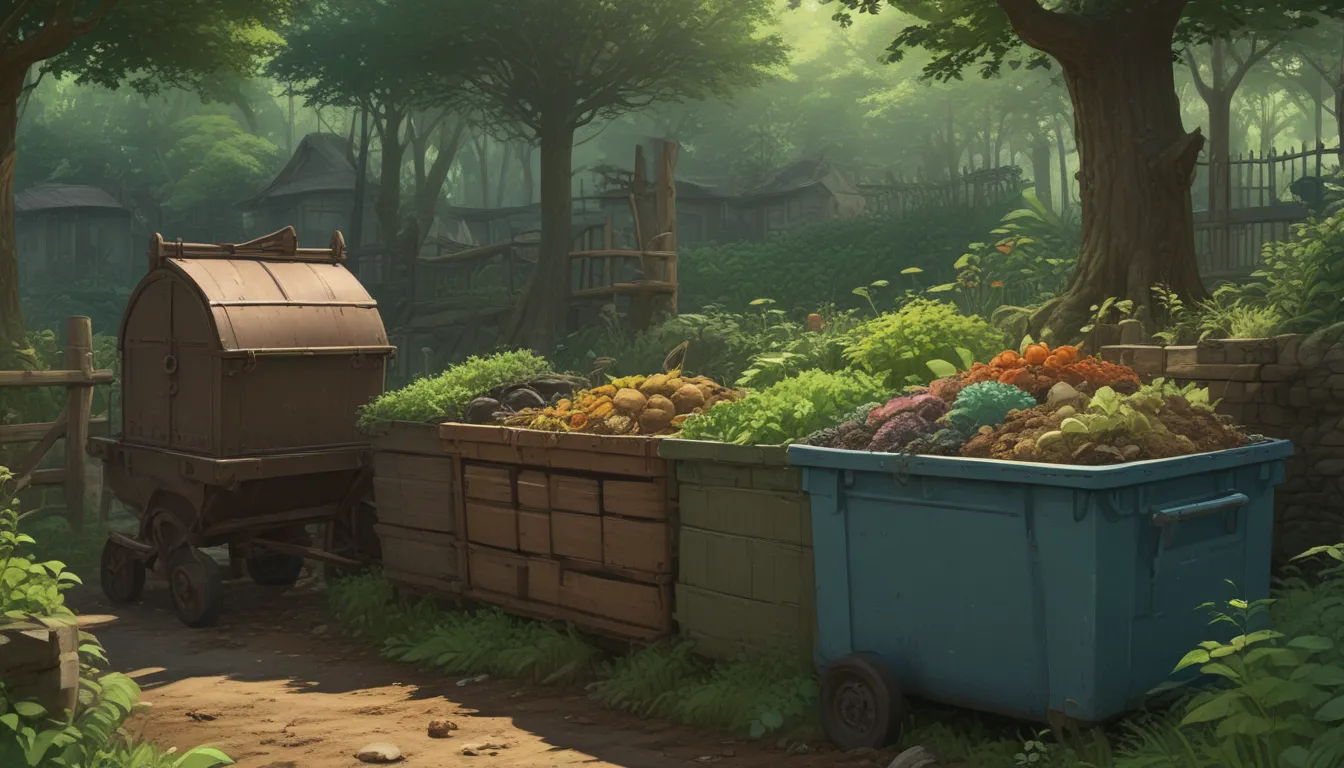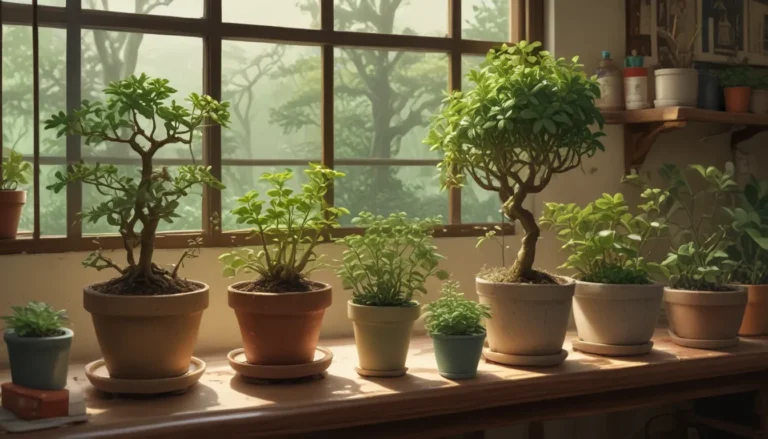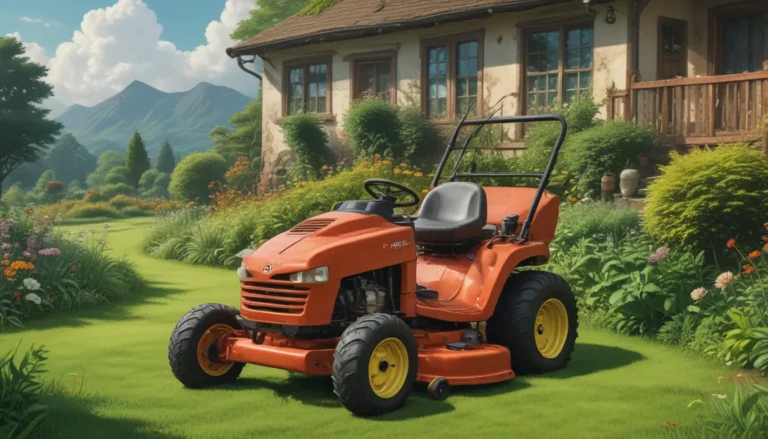The Comprehensive Guide to Composting

Hello fellow gardening enthusiasts! If you’re looking to step up your gardening game and make your own nutrient-rich soil, you’ve come to the right place. Composting is not only a cost-effective way to fertilize your garden, but it’s also environmentally friendly. In this comprehensive guide, we will delve into the ins and outs of composting, so you can take advantage of all the benefits it has to offer.
Why Compost?
Composting is essentially mimicking Mother Nature’s way of enriching soil. By breaking down organic materials such as kitchen scraps, yard waste, and even dead plants, you can create a nutrient-dense soil amendment that will make your plants flourish. The end product is high in essential nutrients like potassium, phosphorus, and nitrogen – the building blocks for healthy plant growth.
In addition to the benefits it provides to your garden, composting also plays a vital role in reducing waste. By diverting organic materials from landfills, you are helping to minimize the space they take up and reduce greenhouse gas emissions associated with their decay.
Getting Started: Equipment and Materials
Now that you understand the importance of composting, let’s talk about how to get started. While you don’t necessarily need fancy equipment to compost, a few tools can make the process easier and more efficient.
- Shredder: Investing in a shredder can help break down materials into smaller pieces, making them easier to compost. Look for electric or gas shredders online for affordable options.
- Storage Containers: You’ll need bins and bags to store your compost materials. Consider having a dedicated pail in your kitchen for organic waste, and make sure it has a tight-fitting lid to keep pests out.
- Compost Thermometer: A compost thermometer can help you monitor the temperature of your pile, ensuring efficient decomposition.
When it comes to materials, almost anything organic can be used for composting. From kitchen scraps like eggshells, fruit peels, and coffee grounds to yard waste like leaves, grass, and seaweed, the options are endless. Just remember to avoid adding oils, fish, bones, grease, or charcoal ashes to your compost pile, as they can hinder decomposition and harm your plants.
Household Materials to Compost
If you’re wondering what household materials you can compost, here are some common items you can add to your pile:
- Pet Waste: While manure from barnyard animals can be beneficial, it’s best to avoid using pet droppings due to potential disease transmission.
- Dryer Lint: Save your dryer lint for composting, as it can break down over time.
- Newspaper: Shredded newspaper can be a great addition to your compost pile, but avoid using colored or glossy pages.
- Wood Ashes: Small amounts of wood ashes can be added to your compost, but avoid using charcoal ashes as they won’t decompose.
By incorporating these household materials into your compost pile, you can create a diverse mix of organic matter that will benefit your soil and plants.
Yard Waste and Manure
When it comes to yard waste, materials like grass clippings, pine needles, and seaweed can all be composted. Just make sure to dry grass clippings before adding them to your pile to prevent clumping and odors.
As for manure, herbivore animal manure is a fantastic composting material that provides ample nitrogen to support beneficial bacteria. Fresh manure can be layered with leaves or straw in your pile without the need for aging, making it a convenient option for quick composting.
Composting Tips and Tricks
Now that you have a good understanding of what materials to use, let’s talk about some tips and tricks to make your composting journey a success:
- Placement: Choose a sunny spot on level ground to place your compost pile. This location will encourage worm activity and help speed up decomposition.
- Aeration: Ensure proper air circulation within your pile by turning it periodically with a garden fork or by placing tree branches vertically in it.
- Temperature: Maintain a temperature between 104 and 131 degrees Fahrenheit for optimal decomposition. Turn the pile only when the temperature falls below or exceeds this range.
Remember that composting is a gradual process that can take up to a year or two to complete. Be patient and allow nature to work its magic.
Utilizing Your Compost
Once your compost is fully decomposed, you can use it in a variety of ways to support your garden:
- New Lawn: Spread up to three inches of compost before seeding or sodding a new lawn.
- Garden Beds: Work compost into the top six inches of soil before planting, or spread a layer up to an inch thick on top of existing garden beds.
- Plant Maintenance: Side-dress existing plantings with compost to provide ongoing nutrition and soil enrichment.
By incorporating compost into your gardening routine, you’ll not only improve the health of your plants but also contribute to a more sustainable gardening practice.
Conclusion
In conclusion, composting is a simple yet powerful way to enrich your garden soil while reducing waste. By utilizing kitchen scraps, yard waste, and other organic materials, you can create a nutrient-rich soil amendment that will support healthy plant growth. Remember to follow these tips and guidelines to ensure successful composting and take your gardening to the next level. Happy composting!
As you embark on your composting journey, remember that you are not only benefiting your garden but also the environment as a whole. So roll up your sleeves, grab your compost materials, and get ready to watch your garden thrive!





